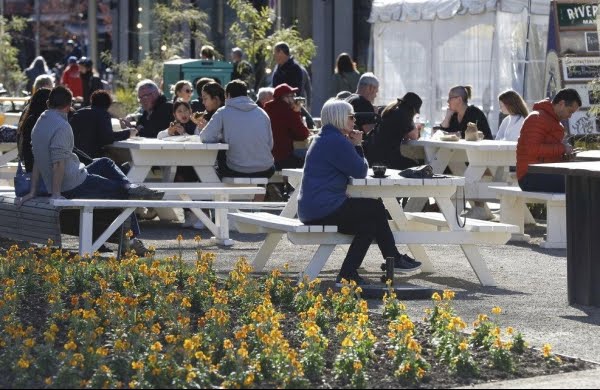Wellington, New Zealand — New zealand on Sunday marked its 100 days since the country saw an active case.
Without the fear of getting infected, the South Pacific nation of 5 million people’s life has now returned back to normal. Citizens are now freely allowed to attend rugby games at packed stadiums and sit down in bars and restaurants in the country.
However, some countries are worrying that New Zealand may be getting complacent and that they are not preparing well enough for any future outbreaks.
In late March the country imposed a strict lockdown when only about 100 people had tested positive for the disease, resulting to a covid-free country.
The only new and active cases in New Zealand over the past three months were only of a handful of returning travelers who have been quarantined at the border.
“It was good science and great political leadership that made the difference,” said professor Michael Baker, an epidemiologist at the University of Otago.
“If you look around the globe at countries that have done well, it’s usually that combination.”
Baker also said that: “The whole Western World has terribly mismanaged this threat, and they’re realising this now.”
He continued that many leaders around the world saw a false dichotomy between saving lives or saving their economies, when in fact businesses thrive best when they have certainty about things like diseases.
The leadership of New Zealand’s Prime Minster Jacinda Ardern has been widely praised by millions around the world.
The country had just 22 deaths and the total infections were limited to just over 1,500.
Despite this, the international tourism industry of New Zealand has collapsed and the country remains more isolated from the outside world than before.
However, the citizens of New Zealand marked a milestone noted with a sense of thankfulness and relief on Sunday.





